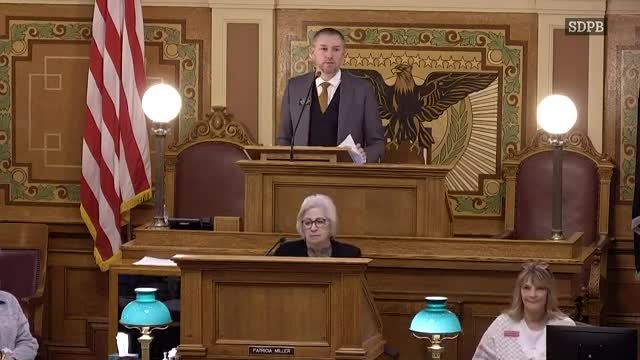Article not found
This article is no longer available. But don't worry—we've gathered other articles that discuss the same topic.
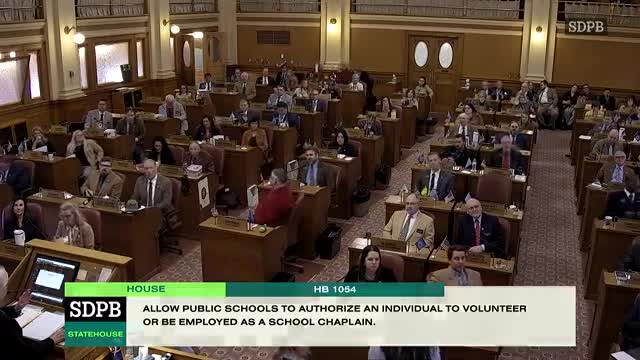
Votes at a glance: key House floor outcomes (selected bills)
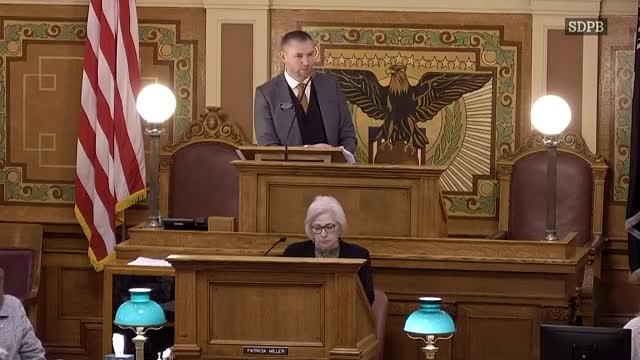
House rejects bill to ban 'natural asset companies' after sponsor calls them a threat to property rights
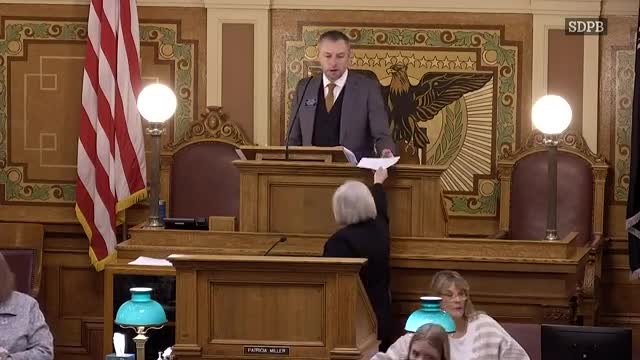
House passes bill requiring county audit notices on Secretary of State website amid auditor concerns
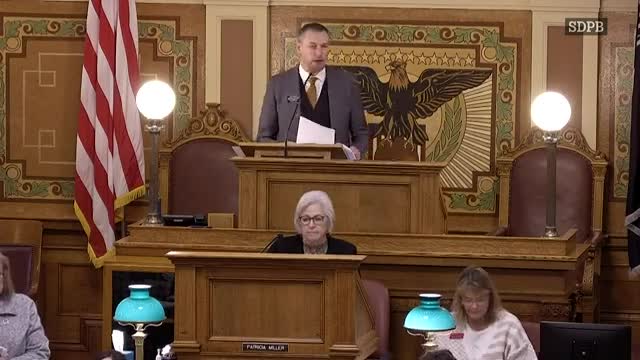
House amends and passes bill limiting campaign loans and transfers
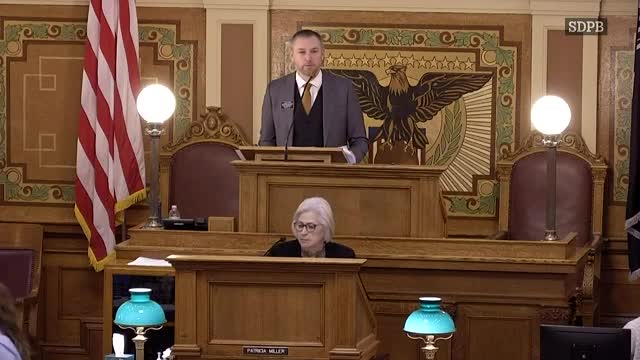
House approves bill loosening supervision requirement for physician assistants
